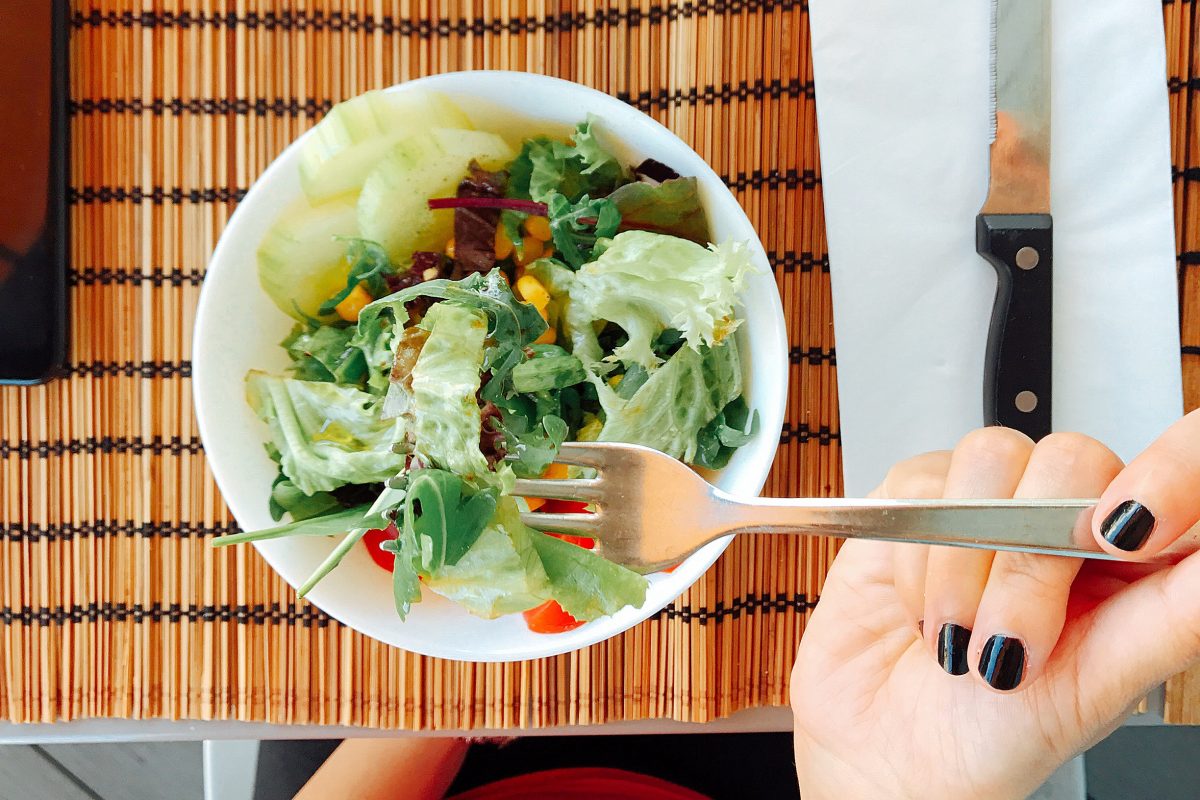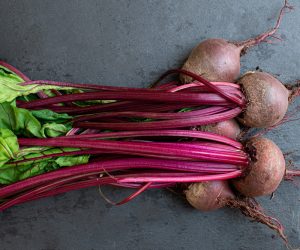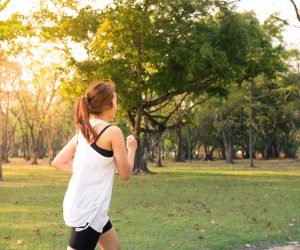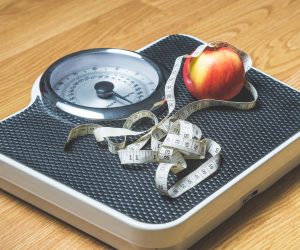
The Role of Nutrition in Recovery from COVID-19
By Emily Henderson, B.Sc. via News-Medical Net – Dr. Riccardo Caccialanza speaks to News-Medical about his research on the role of nutrition in recovering from COVID-19 and how implementing nutritional support early on can make a significant difference to patient recovery time.
What has led you to explore the importance of nutrition in COVID-19 recovery?
There is little practical clinical guidance for nutritional care during recovery of COVID-19, even though it can impact recovery time and people’s ability to return to doing the things that matter most to them. Nutrition is vital for maintaining skeletal muscle and avoiding metabolic disturbances and when patients are spending around two weeks in ICU, these can become very serious issues.
Respiratory difficulties add an extra layer of complexity, preventing patients from eating effectively. A huge proportion of the patients we have treated required assisted ventilation, making it difficult to provide food and oral supplements. This has meant that nutrition has had to become an important part of COVID-19 patients’ recovery.
What is the aim of your research?
My research in Italy is being supported by a grant from Nutricia*. My research aims to better understand the fundamental role of nutritional status and medical nutrition on treatment and recovery outcomes.
I hope the research outcomes will ultimately result in the adoption of practical guidelines on integrating nutritional care in the treatment and rehabilitation of patients.
Why is there a lack of knowledge on appropriate rehabilitation after significant ICU stays, such as those of critically ill COVID-19 patients?
The focus is often on helping patients whether it is through the acute phase of critical illness, for healthcare professionals like myself, as well as the patient and their family, it is a huge relief when they can be discharged.
The long-term impact of their stay in intensive care is sometimes underestimated though, which might impact how well rehabilitation requirements are understood.
What complications are being seen in COVID-19 patients that are leading to long recovery periods?
The care for critically ill COVID 19 patients is similar to that for patients diagnosed with viral pneumonia-causing respiratory failure. What is different though, is that critically ill COVID-19 patients are often admitted to ICUs for a very long time, extending up to 2-3 weeks.
We know from other patient groups in ICUs who require intubation, that oral nutrition intake can be inadequate after extubation. People might not be able to eat enough food to meet their nutritional needs during recovery, contributing to further loss of lean muscle – which could occur in ICU at the rate of up to 1kg per day.
Muscle wasting is the most common complication of critical illness, occurring in up to 50% of patients, which can seriously lengthen recovery times, impaired immunity, increase infection risk and cause the development of wounds and pressure ulcers. For some, even mortality.
In the early days of the pandemic, most of the patients quickly deteriorated, meaning they required immediate respiratory assistance. So, most stopped eating as soon as they were admitted to the hospital and they were also unable to tolerate oral nutrition support.
As the pandemic has progressed, we are increasingly seeing very elderly patients and those suffering from underlying health conditions, like obesity and diabetes.
For these patient groups, nutrition is extremely complex. It is difficult to keep these patients in a stable condition, and what makes the difference in this balance is appropriate and timely nutrition support.
How could appropriate nutrition improve recovery?
Being discharged from the ICU is only the start of a recovery, and medical nutrition when integrated in patient recovery programs can positively impact recovery outcomes, as well as the quality of life of patients. We already know that medical nutrition can positively contribute to clinical outcomes with a variety of conditions and diseases. Unfortunately, healthcare professional awareness of the role of medical nutrition is still low.
There is little practical clinical guidance for nutritional care during recovery of COVID-19, even though it can impact recovery time and people’s ability to return to doing the things that matter most to them. I hope the research will contribute to the development of such guidance.
How could your research be used to provide successful in-hospital rehabilitation programs?
Challenges exist in integrating nutrition into treatment and recovery plans in most diseases. It might seem obvious, but unfortunately, nutrition is still widely overlooked in the hospital setting.
Generally speaking, it is much easier to integrate nutrition into a recovery plan. In the experience of COVID-19, the virus is disproportionately affecting the fragile elderly and those who are overweight or obese with diabetes and hypertension.
These are two very different population groups, but what links them is the need for nutritional intervention.
For those who have spent a significant length of time in ICU and on ventilators, we can already see the positive results when nutrition is part of both a patient’s treatment and recovery plan.
I think our experience can really help in making nutrition a greater medical priority, for both in-hospital rehabilitation and in post-discharge community recovery.
What do you expect will be needed in terms of longer-term care for patients who have been critically ill from COVID?
What we have been experiencing is that when nutritional support is implemented in the early stages of any pathological condition treatment, including COVID19, it can make a real difference to patient recovery time.
Nutrition is vital for maintaining skeletal muscle and avoiding metabolic disturbances – when patients are spending around two weeks in ICU, these can become very serious issues. Respiratory difficulties add an extra layer of complexity, preventing patients from eating effectively.
A huge proportion of the patients we treated required assisted ventilation, making it difficult to provide food and oral supplements. When thinking longer-term, what is needed is for nutrition to become more of a medical priority so that it is part of the treatment and recovery program, not just the latter.
What is your advice for people recuperating from less serious COVID-19 cases for a quick and safe recovery?
It is important people recovering from less severe COVID-19 infections take the time to recover, rest, and eat well, which means to be conscious that adequate eating is part of their recovery not to be overlooked.
From a nutritional standpoint, how has this virus and its aftermath compared to other illnesses you work with?
We know that for many other diseases and conditions nutrition plays a vital role in patient recovery and health. While the scale and impact of the COVID-19 pandemic has been unprecedented and our understanding of the disease is developing, there are many elements of how it affects patients that are similar to other conditions, like lung infections and, more generally inflammatory diseases.
If nutritional care is integrated in their recovery programs it can certainly positively impact clinical outcomes as well as the quality of life of patients.
Do you think your research will improve awareness of the importance of applying nutritional knowledge to dealing with viruses and their recovery in general?
Nutrition is critical for reducing the burden of comorbidities. This is a burden we must have control over in general, but in the case of COVID-19, we are still not sure whether there will be a second wave of the virus. Our preliminary analysis clearly shows that the majority of patients admitted with COVID-19 have a vitamin D deficiency.
It is of course too early to speculate whether this could be a reason why patients suffer particularly badly from the effects of the virus. But we do know that Vitamin D levels are important for general health. Biochemical and epidemiological background tells us that Vitamin D deficiency is associated with the incidence of some cancers and cardiovascular diseases, for example.
So, I hope that COVID-19 and that research, such as my own and the other studies, are seen and taken as our chance to develop a well-designed preventive campaign that puts nutrition and tailored vitamin supplementation at the core of preventative medicine.
Could your research be used to help deal with future pandemics effectively?
Yes, definitely. Discharge from the intensive care unit is often only the start of patient recovery. The longer a patient has been required to remain in ICU the greater the need for medical nutrition in their recovery plan.
If through the experience of COVID-19, we can implement practical clinical guidelines for nutritional care, then I am certain it will help us be more prepared for the full care journey from diagnosis to complete recovery (where possible) in future pandemics.
The lessons we learn here will accelerate our ability to respond to future outbreaks of both known and novel diseases.
What is the next step for your research?
We are coordinating an Italian multicentre study to research the impact of nutritional status and in-hospital nutritional support on the outcomes of the two most impacted patient groups – the elderly and those who were overweight or obese at admission.
It is a simple observational study in which we will collect nutritional information in about 11 hospitals across Italy. The study uses data collected in ‘normal’ clinical routine, such as blood tests, BMI, details of nutritional support provided as part of a treatment plan, and of course the clinical outcomes of each patient.
We have already received early data from the study, and I am confident we will have a pretty good idea of medical nutrition’s impact on patient outcomes in a relatively short period.
To read the original article click here.






